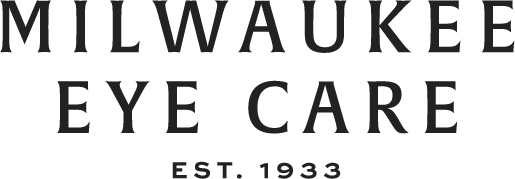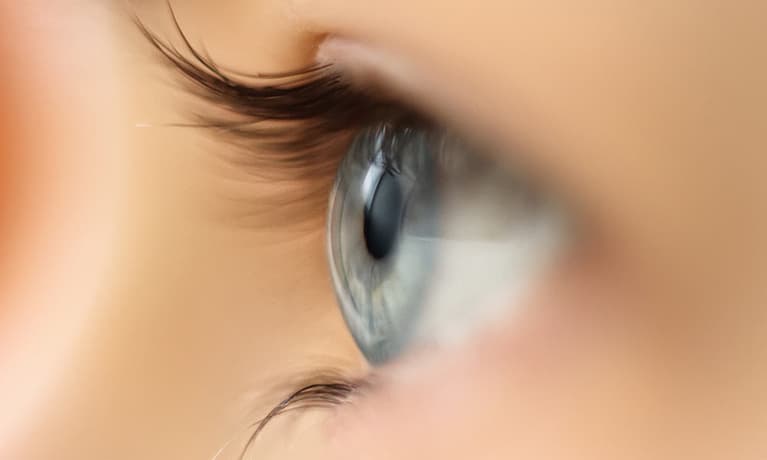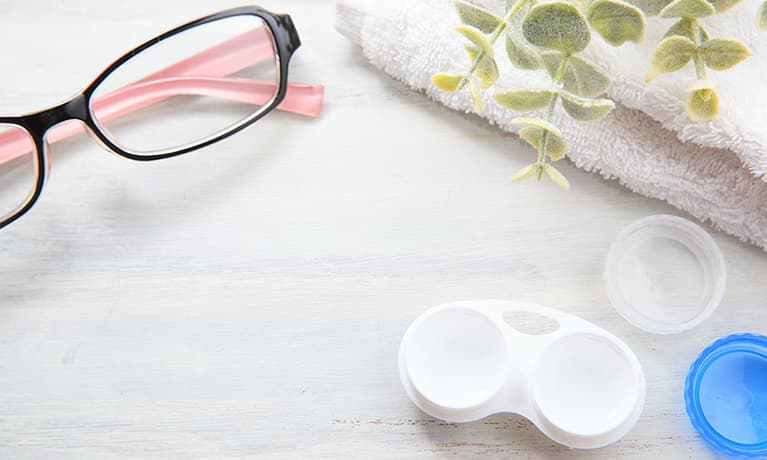Did you know that you have approximately 75 oil glands in the eyelids of each eye? These glands are called Meibomian glands and are located just behind the eyelash follicles. Their important role is to secrete Miebum, which is oil, into your tear film. When the Meibomian glands are dysfunctional, this places you at risk for a number of eye problems, which we’ll discuss below.
Dry Eye Syndrome is a common side effect of dysfunctioning Meibomian glands. Our optimal tear film should be composed of both Meibum (oil) and Aqueous (water). When the Meibomian glands are plugged, they are no longer secreting the oily component of your tear film. Thus, your tears are too watery and susceptible to excessive evaporation, leading to dry eyes. To treat this type of dry eye syndrome, we recommend eyelid hygiene and the use of artificial tears that contain an oil replacement.
Styes are a localized infection developing either in the Meibomian gland or the eyelash follicle. They are red, tender bumps that are located along the eyelashes. They are often responsive to self-treatment at home with eyelid hygiene and warm compresses. Sometimes your eye doctor will prescribe topical antibiotic solution or oral antibiotics if the infection extends to the rest of the eyelid.
Chalazions develop from a blocked Meibomian gland leading to trapped oil buildup in the gland. The result is a small, rubbery nodule at the site of the blocked oil gland. Unlike styes, chalazions do not represent infections. They are typically not painful and often respond to self-treatment at home with eyelid hygiene and warm compresses. Sometimes chalazions do not resolve and will need to be drained by an ophthalmologist.
Blepharitis and Meibomian Gland Dysfunction (MGD) is when hardened oils trapped in the gland lead to inflammation along the eyelids. In addition to this, bacteria and oil can build up along the eyelashes leading to crusting, redness, and flaky dead skin. You may experience itching, burning, watery eyes, or soreness as a result of this. These are best controlled with long term eyelid hygiene.
Trichiasis is the name for eyelashes that grow inward towards your eye itself. When the eyelids are inflamed due to Meibomian gland dysfunction for long periods of time, the eyelash follicles can be disrupted causing the eyelashes to grow in the wrong direction. The treatment for trichiasis is addressing the oil gland dysfunction and regularly removing the abnormal eyelashes.
Effective Treatment Options
Warm Compresses: Heat is necessary to promote normal oil secretion from the Meibomian glands. Heat can be applied by using a warm, damp washcloth or a reheatable eye mask for 5 minutes while gently massaging your eyelids. Bruder eye masks are particularly effective at retaining heat, contain anti-microbial properties, and are available for sale at our offices.
Eyelid Hygiene and Cleansers: Cleaning the eyelids helps to remove oil and bacteria build up on the eyelashes. Solutions for eyelid hygiene can range from baby shampoo to over-the-counter eyelid products, such as SteriLid or Ocusoft lid wipes. HypoChlor is a potent eyelid cleanser that contains 0.02% hypochlorous acid, which is particularly effective for more severe cases of Meibomian gland dysfunction and related problems. HypoChlor is available for purchase at our offices.
Artificial Tears: There are many over the counter artificial tears and the choices can be overwhelming. For Meibomian gland-related dryness, you should look for a product that contains an oil replacement such as mineral oil or flaxseed oil. I particularly like Systane Complete and Preservative Free Refresh Mega-3s.
iLux Treatment: Milwaukee Eye Care is now offering iLux treatments, a simple, fast, non-surgical treatment to treat blocked glands in the eye lids.
If you are suffering from an oil-gland related eye problem described above, we recommend making an appointment with your eye doctor to discuss which treatment options would be most beneficial for you.

Written by Mackenzie Sward, M.D.










